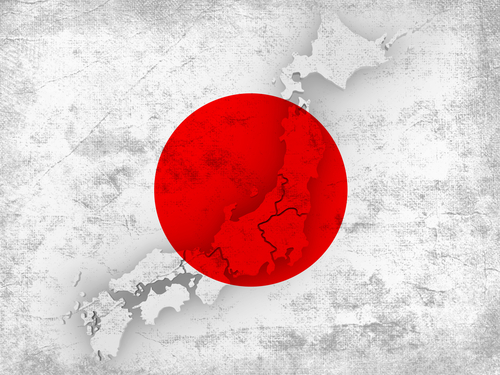Google To Spend $1 Billion On Two Subsea Cables To Japan

US and Japan to be connected by two new subsea Google cables, amid possible AUKUS alliance expansion to include Japan
Alphabet’s Google has confirmed it will increase the connectivity of Japan and Pacific Island Nations with a major investment in the region.
Google Cloud’s Brian Quigley, VP Global Network Infrastructure, in a blog post on Thursday confirmed that Google will spend $1 billion with two new subsea cables connecting the US and Japan, and a number of Pacific Island nations.
The move comes amid risen tensions in the South China sea. Japanese prime minister Fumio Kishida is currently visiting Washington.
![]()
AUKUS expansion?
The White House in a joint statement noted Google’s investment in Japan, but also touched upon other US investments (from Microsoft) and the possible inclusion of Japan in the AUKUS alliance.
The White House said that in recognition of “Japan’s strengths and the close bilateral defense partnerships with the AUKUS countries, Australia, the United Kingdom, and the United States are considering co-operation with Japan on AUKUS Pillar II advanced capability projects.”
The AUKUS agreement is a landmark defence and security alliance between the US, UK and Australia, that will see the US and UK for the first time share their nuclear propulsion submarine technology with Australia.
But AUKUS is more than just submarines.
It will also see the US and UK share their expertise in cyber, AI and even quantum computing with Australia – and now possibly Japan.
The White House also on Thursday welcomed the announcement of regular US-Japan-UK trilateral exercises, beginning in 2025, “as we enhance our shared and enduring security.”
Google subsea cables
Into this comes Google’s $1 billion investment “in digital connectivity to Japan, which includes the expansion of the Pacific Connect initiative and delivers two new subsea cables, Proa and Taihei.”
Google will work with KDDI, ARTERIA, Citadel Pacific, and the Commonwealth of the Northern Mariana Islands (CNMI) for the two cables that will improve “the reliability and resilience of digital connectivity between the US, Japan, and multiple Pacific Island countries and territories.”
The Proa subsea cable will connect Japan, the CNMI, and Guam, whereas the Taihei cable will connect Japan to Hawaii.
During Russia’s illegal invasion and war in Ukraine, subsea cables have emerged as an important global asset that has national security implications.
Subsea cables are the backbone of the internet, and carry 99 percent of the world’s data traffic.
Microsoft investment
The White House in its statement also noted that Google’s investment in Japan is not the only recent investment move by an American company.
Earlier this week Microsoft announced an investment of $2.9 billion in AI and cloud infrastructure in Japan, while boosting the nation’s skills, research and cybersecurity.
“Today’s announcement represents Microsoft’s most significant investment in Japan since we set roots here in 1978,” said Brad Smith, Vice Chair and President of Microsoft. “These investments in digital infrastructure, AI skills, cybersecurity, and AI research are essential ingredients for Japan to build a robust AI Economy.”
“We appreciate Microsoft’s announcement of its new investment in Japan,” said Japan’s Prime Minister Fumio Kishida. “Microsoft has made significant contributions to the social implementation of generative AI in Japan through various initiatives, and we look forward to further collaboration. We also look forward to deepening our cooperation in the field of cybersecurity.”
Microsoft investment in Japan mirrors similar investments it has made in other countries that are US allies, such as the United Kingdom and Germany.